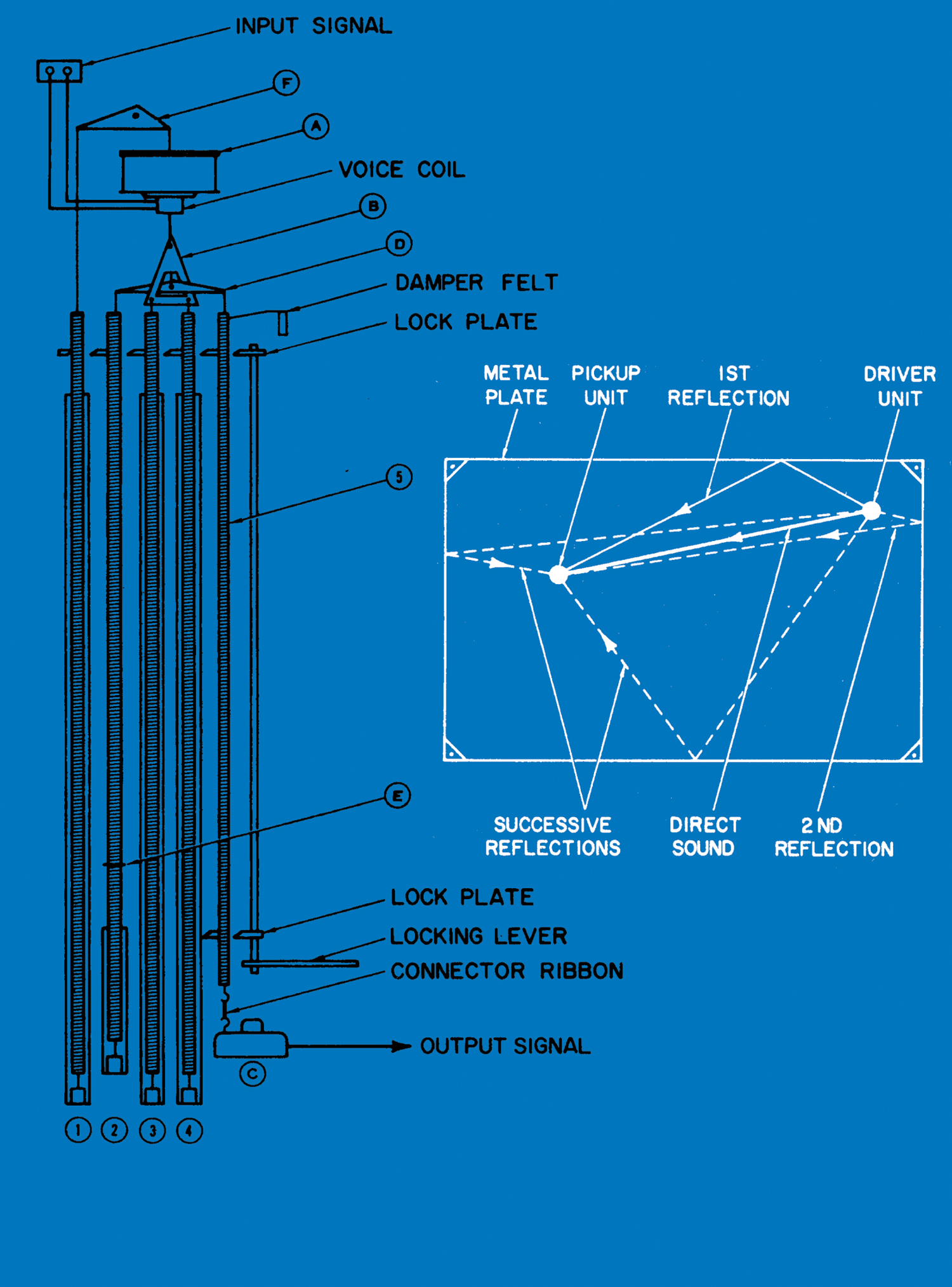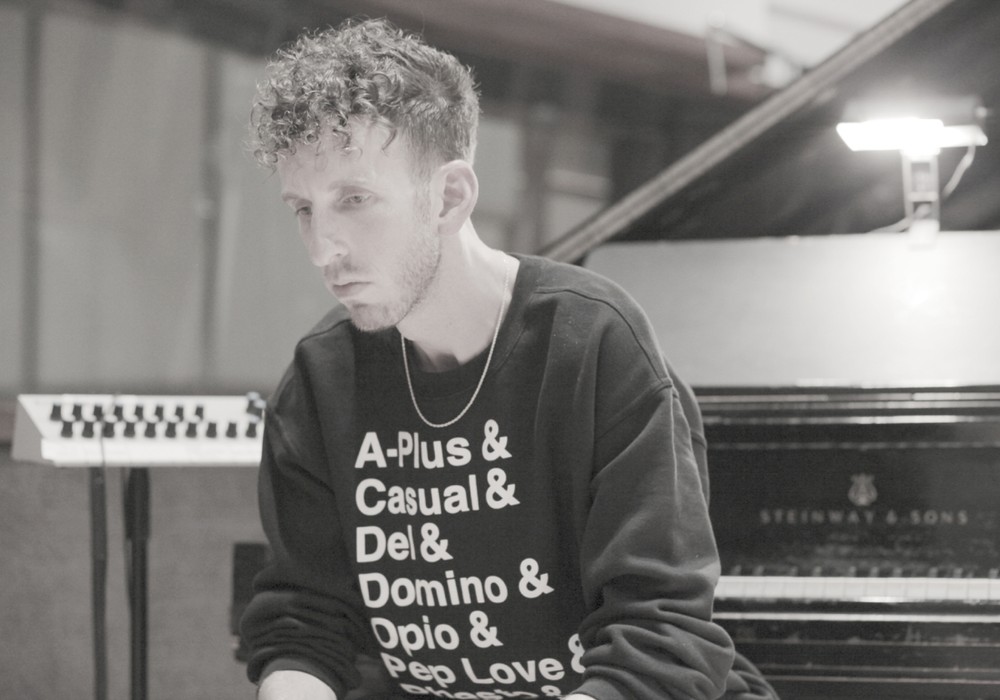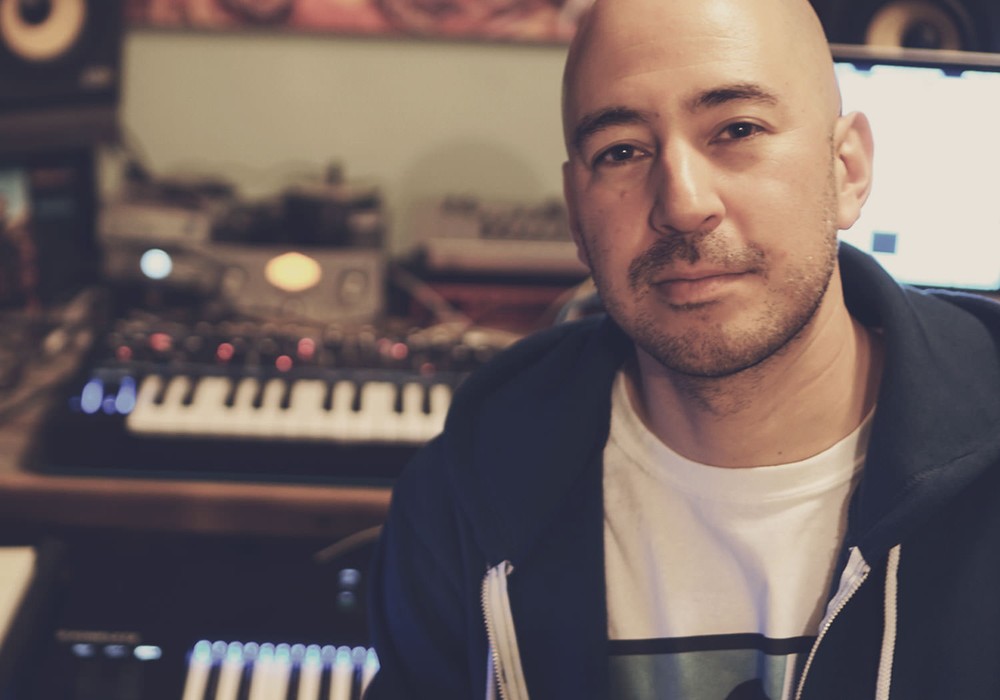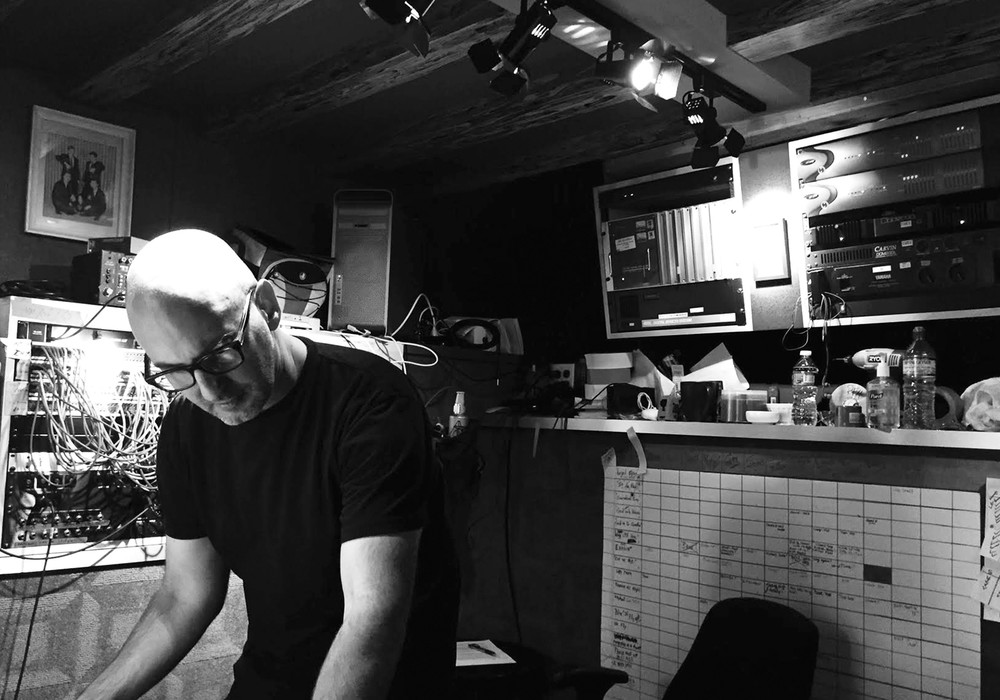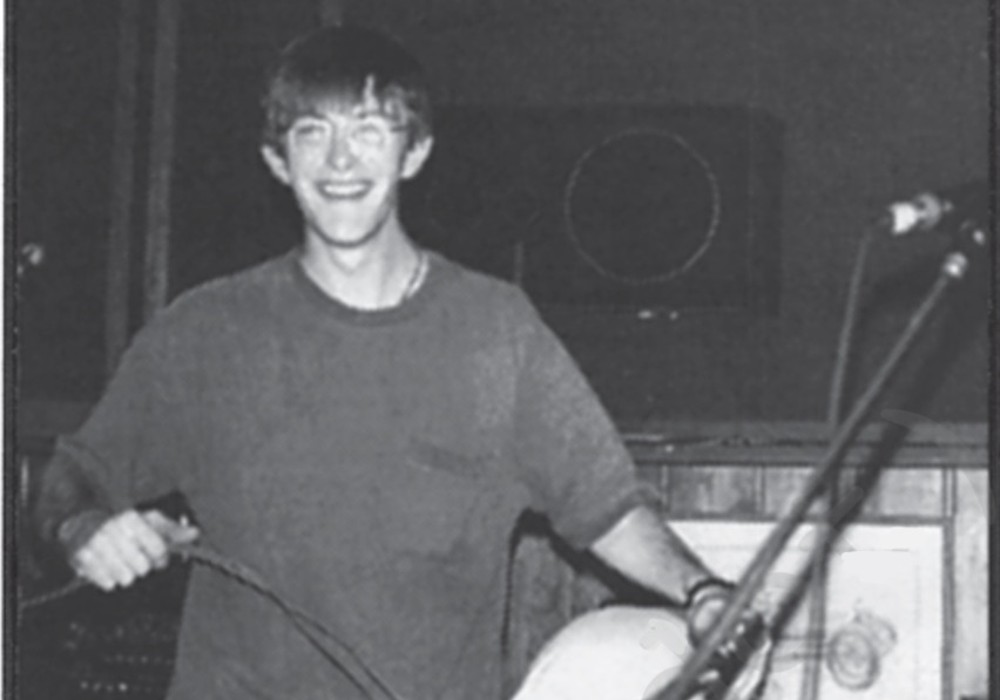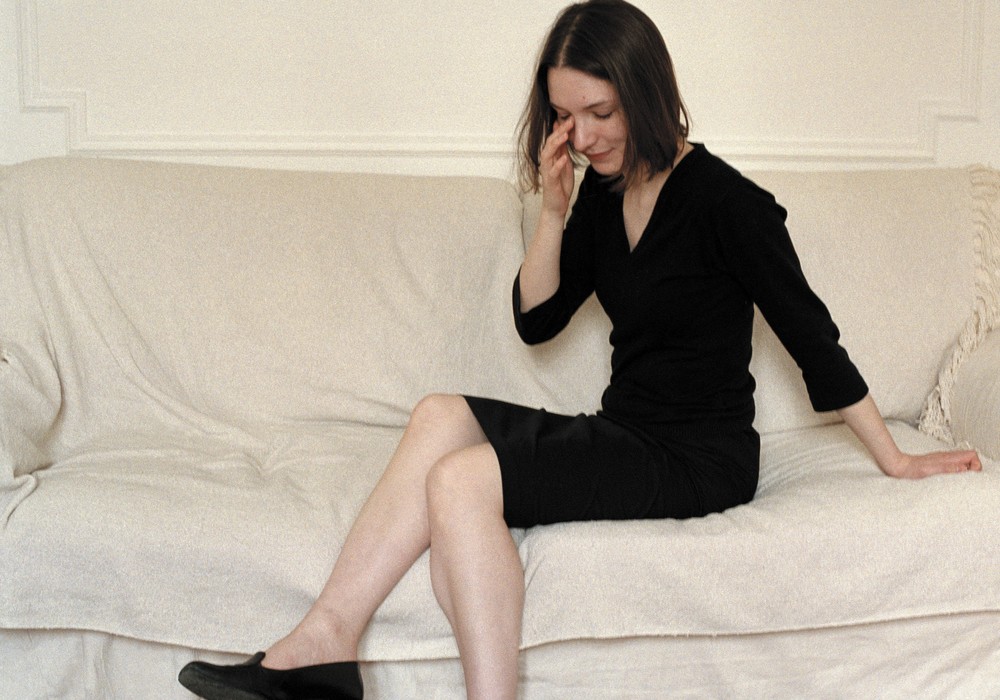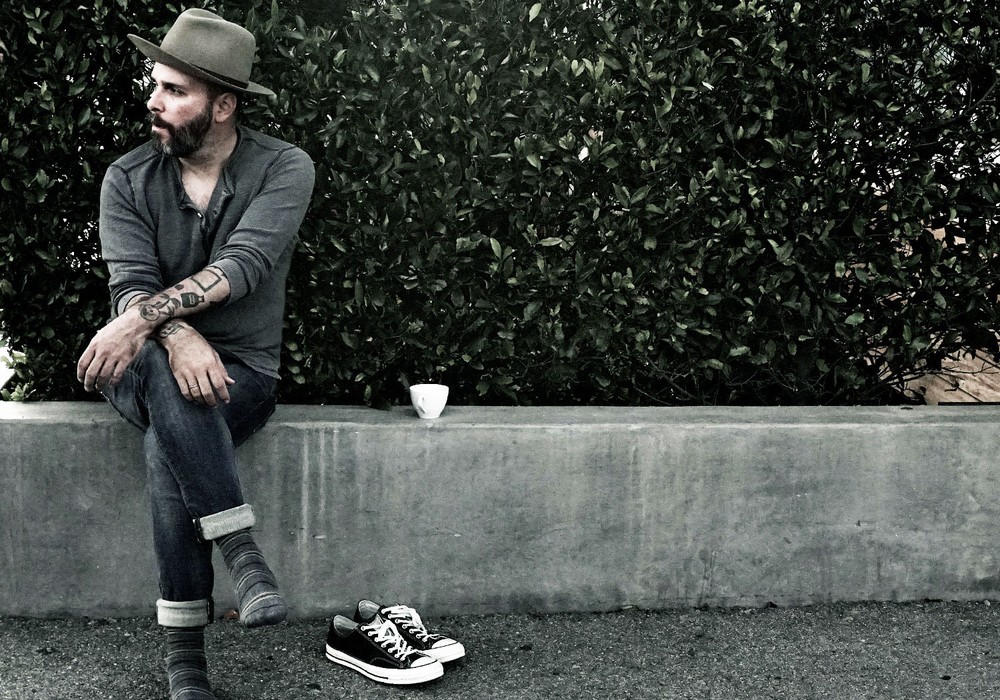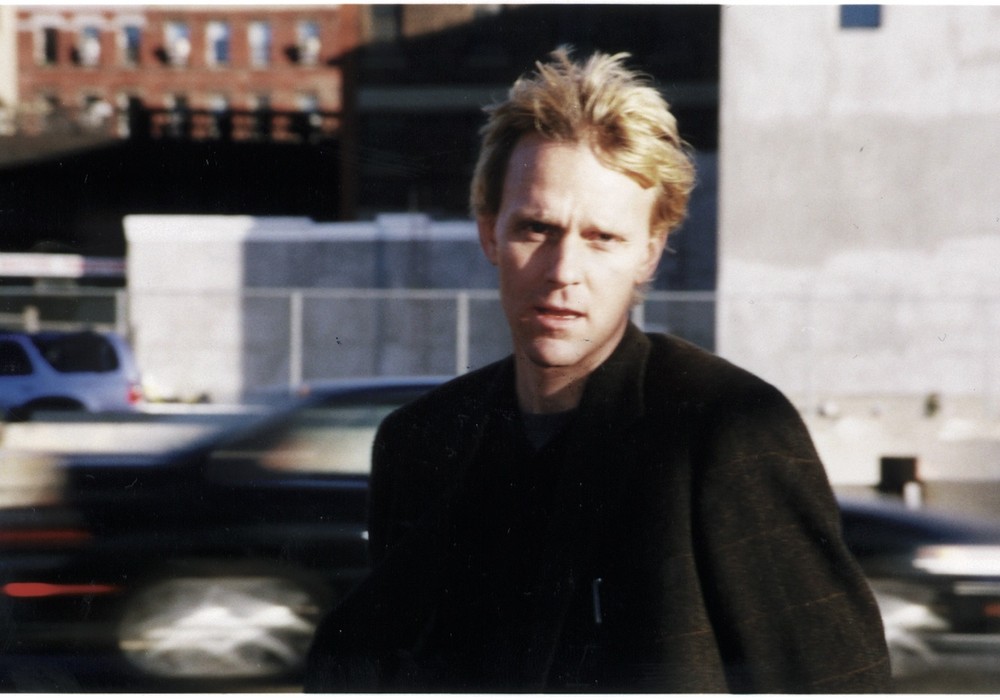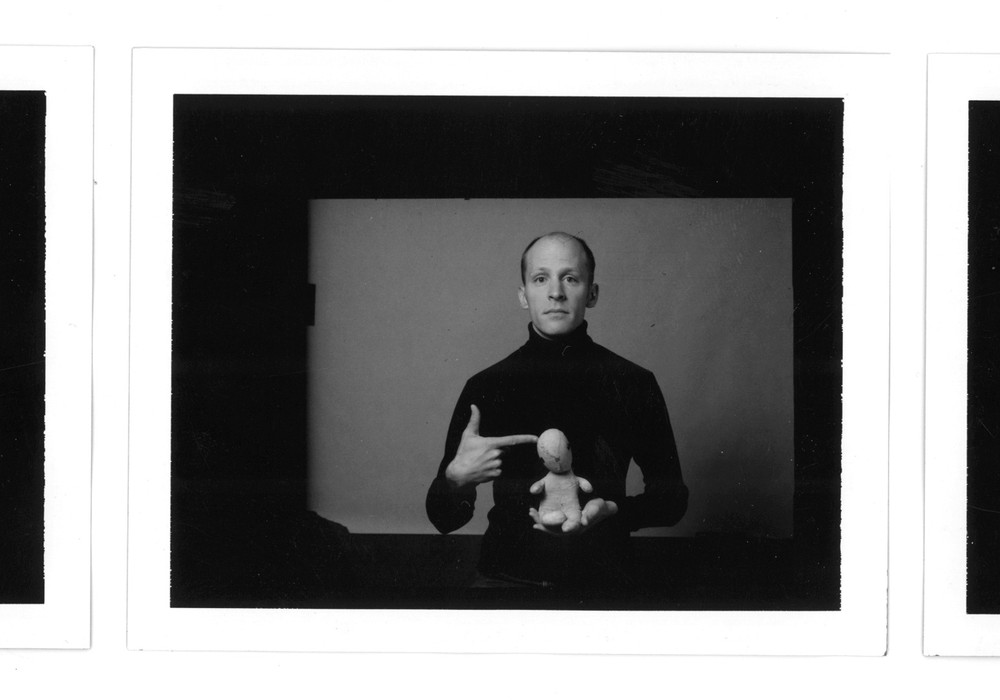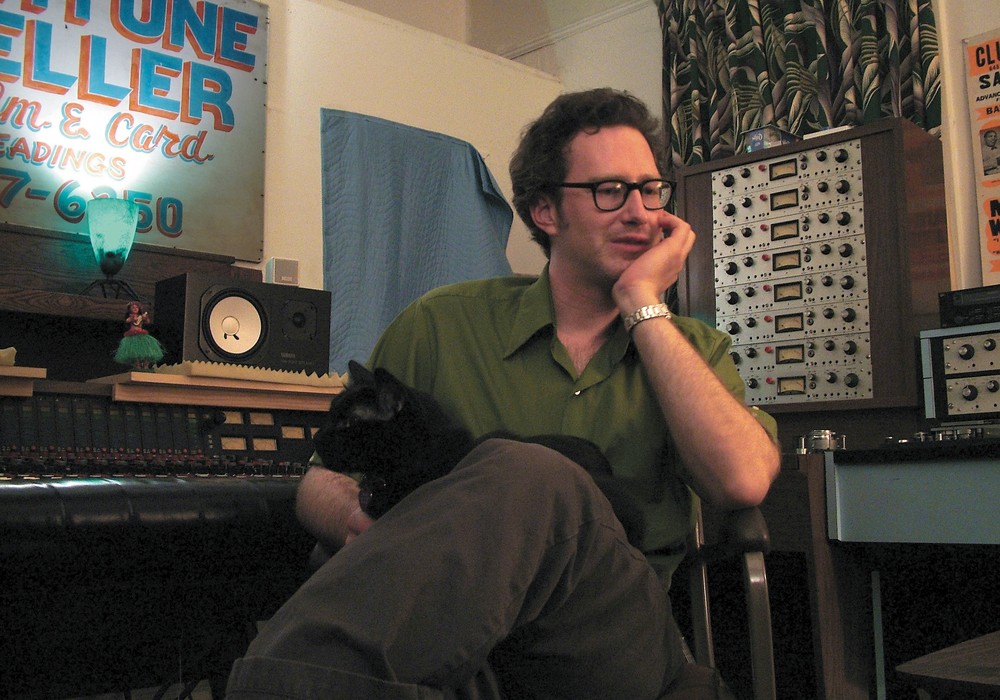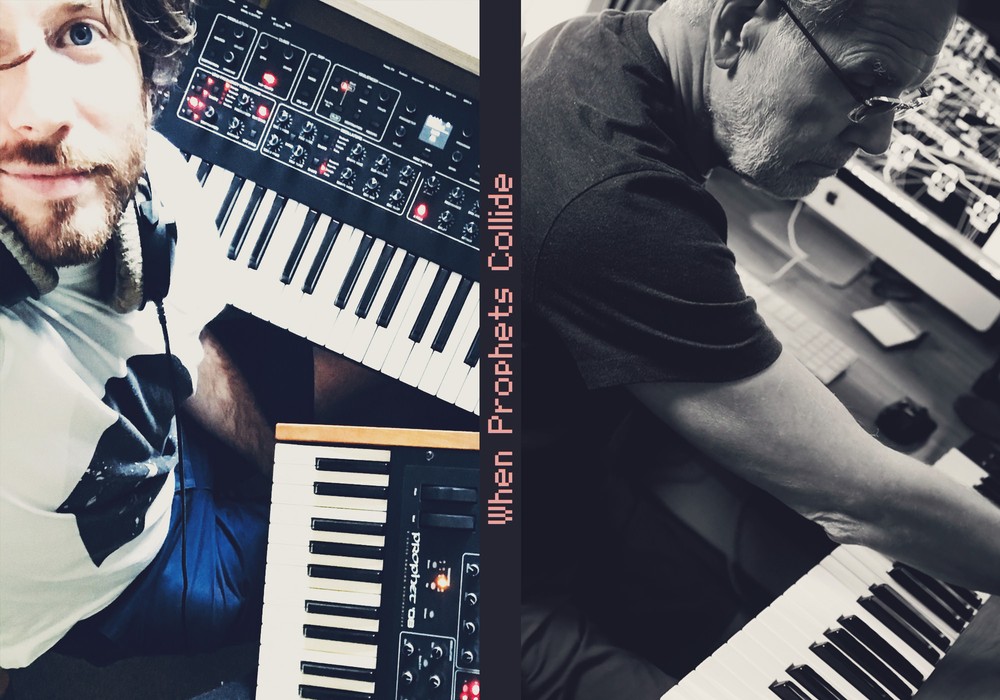Ariel Rechtshaid is busy. Last year alone he released productions with Charli XCX, Tobias Jesso Jr., Brandon Flowers, Little Boots, Carly Rae Jepsen, Adele, Lower Dens, and some pop singer named Madonna. He's clearly not read the latest studies on the importance of a healthy "work-life balance." When I got ahold of him, he was in a session with Haim for the follow-up to their breakthrough debut album, Days Are Gone. He stepped out of the studio for an hour to discuss his journey, from being a whiz kid SoCal ska punk to being one of the most sought-after producers in popular music.
How did you get your start in recording?
Well, I was always into music and my parents' records, and I knew what I liked when I heard it. Simultaneously, stumbling into playing in a band, and being in a position where I was making music, I realized I couldn't get it to be the way I wanted it to be. It was such a foreign language; it was so abstract to me. I had no idea how to express myself musically, or how to capture it in the way I wanted to hear it. It was a powerless feeling - I'm talking about when I was a teenager. I got through making a record and toured on a punk rock, DIY level. It was with a band called The Hippos. I started it when I was 15 years old. It was a learning experience. That was about the time when Pro Tools came out on the consumer level - I was 18. Before that, I was all about 4-track recording. I had more luck with the Tascam than I did with Pro Tools. It had a lot to do with the limitations directing the process, which, years later, brought me back to the analog recording I do now. It's something about the audio quality, but it's also a lot about the process when you're using analog equipment. Anyway, when I started recording, the studios had Pro Tools and I couldn't figure out how to get it to sound right, so I experimented at home. I found that to be more interesting than touring or being in the spotlight. That's how I got into it.
Tell me more about using tape.
Well, it's not a secret that there's a sonic quality that comes with it. Experimenting, I've found that I enjoy 1-inch, 8-track and 16-track, 2-inch formats. I'm not married to any one method that I do at any time, but there are different parts of the process where I like to include tape. It's for the sonic quality, but also for the space of mind - you're trying to get real performances. There's a different mindset it puts you in when you know you're recording to tape. You record all the way through [the song]. Sometimes less is more. That's a clichéd statement, but it's true. Even with mics, less mics equals less phase issues, equals fatter sound. A simple mic situation can get you the fattest, most modern sounding recording you can imagine. Whereas the more complex drum recording can be used for, on the average, a '90s sound.
Since you're part of a younger generation of producers, I'm a bit surprised that you're using tape regularly. Are you tracking to tape, or using it more as a mixing technique?
All of the above. I really like it. I'm not always working with rehearsed bands, so I've developed a way to incorporate the best of digital and analog. I usually half normal my patchbay so that the mic pre's signals are going to Pro Tools and my tape machine at the same time, and then going from the tape machine back to Pro Tools. So they print simultaneously, but on the playback you don't monitor [directly] from the tape, you monitor from Pro Tools. I'll do that at my own place. As long as nothing is wrong with the tape's signal chain (which does happen with old equipment), I slide the tape [track in Pro Tools] back so it's where it's supposed to be, in terms of a click or pre-recorded material [to compensate for the latency in the tape machine signal]. And I get the sonic characteristics of some of my old machines - like a Scully or Ampex 1-inch, 8-track. It is different every time, and I do a lot of modern recording that has nothing to do with that process, but oftentimes there's an element of that in there.
You've worked with an especially wide variety of artists. Is there a common thread that runs through your music or a philosophy that you maintain through all these different projects?
It depends upon whether I'm playing on it or producing it, in the musical sense. You'll hear...
